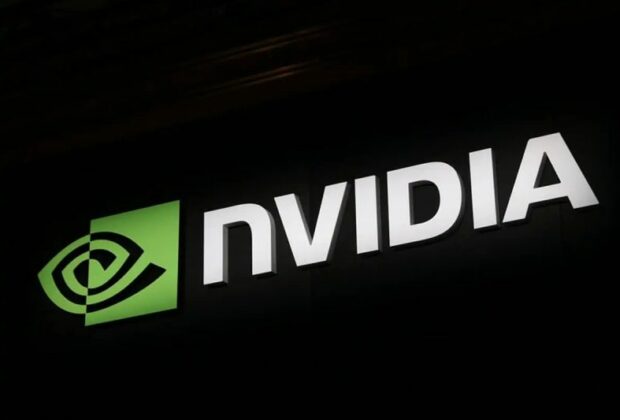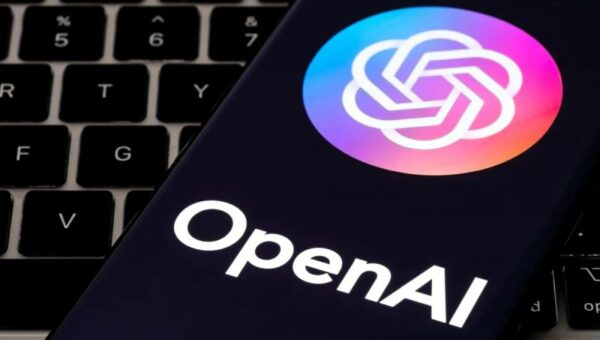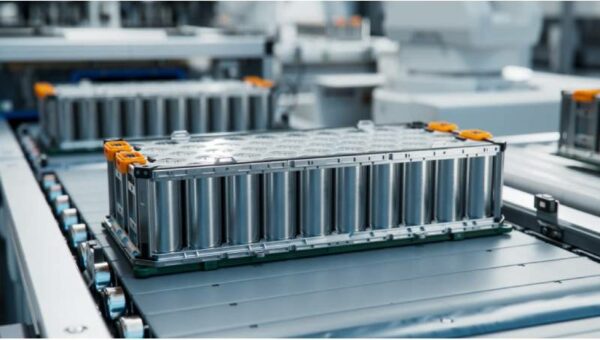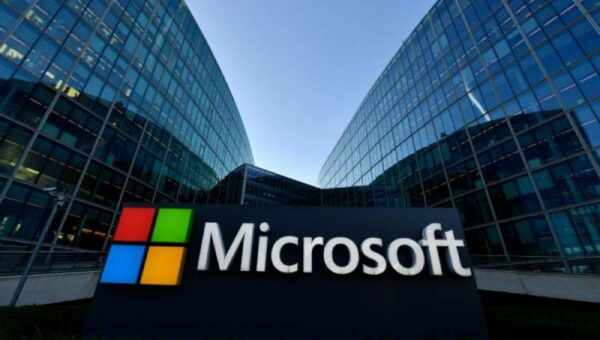A range of services from Nvidia have been introduced with the aim of enhancing workflow productivity in the healthcare sector.
The 25 microservices, which were unveiled this week at Nvidia’s GTC AI conference, are intended to help hospitals, doctors, and pharmaceutical businesses implement generative AI solutions.
The AI microservices can be run anywhere, in the cloud or on-premises, by researchers and medical professionals. They can be integrated into both new and current applications.
The suite includes tools that could aid in the development of new drugs, improve patient data collection for the purpose of early disease detection, and deploy more intelligent digital assistants.
It gives researchers access to specific AI models like DiffDock, which explains how pharmacological compounds interact with targets, and ESMFold, which predicts protein structures.
Software development kits such as Parabricks, a suite of programs for analyzing DNA sequences, and NeMo, a platform for developing models, are also featured.
Vice President of Health Care at Nvidia Kimberly Powell stated, “For the first time in history, we can represent the world of biology and chemistry in a computer, making computer-aided drug discovery possible,” “By helping health care companies easily build and manage AI solutions, we’re enabling them to harness the full power and potential of generative AI.”
Nearly 50 businesses, including Amgen and the manufacturer of medical imaging software V7, are reportedly already utilizing Nvidia’s health care microservices.
Amgen’s senior vice president and CTO, David M. Reese, stated, “Generative AI is transforming drug discovery by allowing us to build sophisticated models and seamlessly integrate AI into the antibody design process.” “Our team is harnessing this technology to create the next generation of medicines that will bring the most value to patients.”








